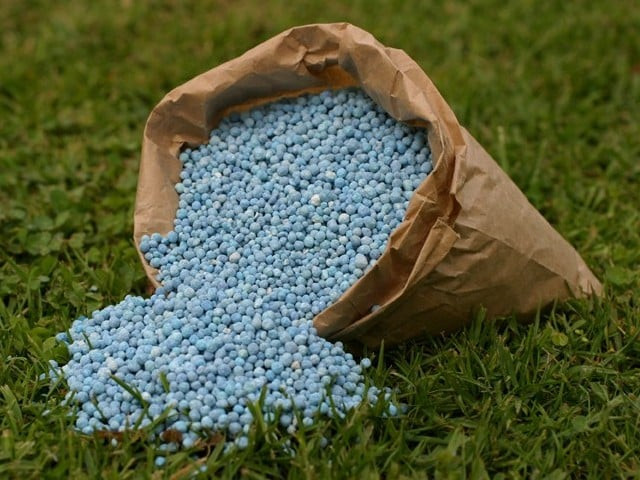Fertiliser sector seeks delay in axle load regime
Says sudden implementation has created challenges, shortages

The Fertiliser Manufacturers of Pakistan Advisory Council (FMPAC) has reached out to the government, urging the gradual phased implementation of the Axle Load Regime. They seek to ensure a seamless transition without transport shortages for the supply of fertiliser to the farming community.
In a letter addressed to the Federal Secretary of the Ministry of National Food Security and Research, the FMPAC highlighted the sudden enforcement of the Axle Load Regime, which has created challenges for the supply of DAP (Diammonium Phosphate) fertiliser to the farming community.
“We respectfully seek your assistance and cooperation on this pressing issue. The abrupt enforcement of the Axle Load Regime has had a detrimental impact on the transportation of DAP fertiliser to the rural farming regions of Pakistan,” stated the fertiliser manufacturers’ body. They noted that the onset of the wheat sowing season has led to a significant surge in the demand for DAP fertiliser originating from Karachi Port.
Approximately 335,000 tonnes of DAP cargo are scheduled to arrive at Karachi Port between October and November for subsequent transportation to upcountry areas, where it will be used on wheat crops.
The immediate introduction of the Axle Load Regime, it was explained, will significantly increase the transportation costs of DAP fertiliser to upcountry destinations. Reduced load capacity on each truck is expected to lead to transport shortages and delays in delivering DAP fertiliser to farmers. This delay could hinder the timely application of DAP fertiliser to wheat crops, potentially resulting in reduced wheat production in the country.
A decrease in wheat yield might necessitate increased wheat imports in 2024, further straining the country’s foreign exchange reserves. The FMPAC noted that there is already a shortage of transport in Karachi and other locations, in addition to delays in the discharge of loads and potential demurrage costs.
Published in The Express Tribune, October 25th, 2023.
Like Business on Facebook, follow @TribuneBiz on Twitter to stay informed and join in the conversation.



















COMMENTS
Comments are moderated and generally will be posted if they are on-topic and not abusive.
For more information, please see our Comments FAQ